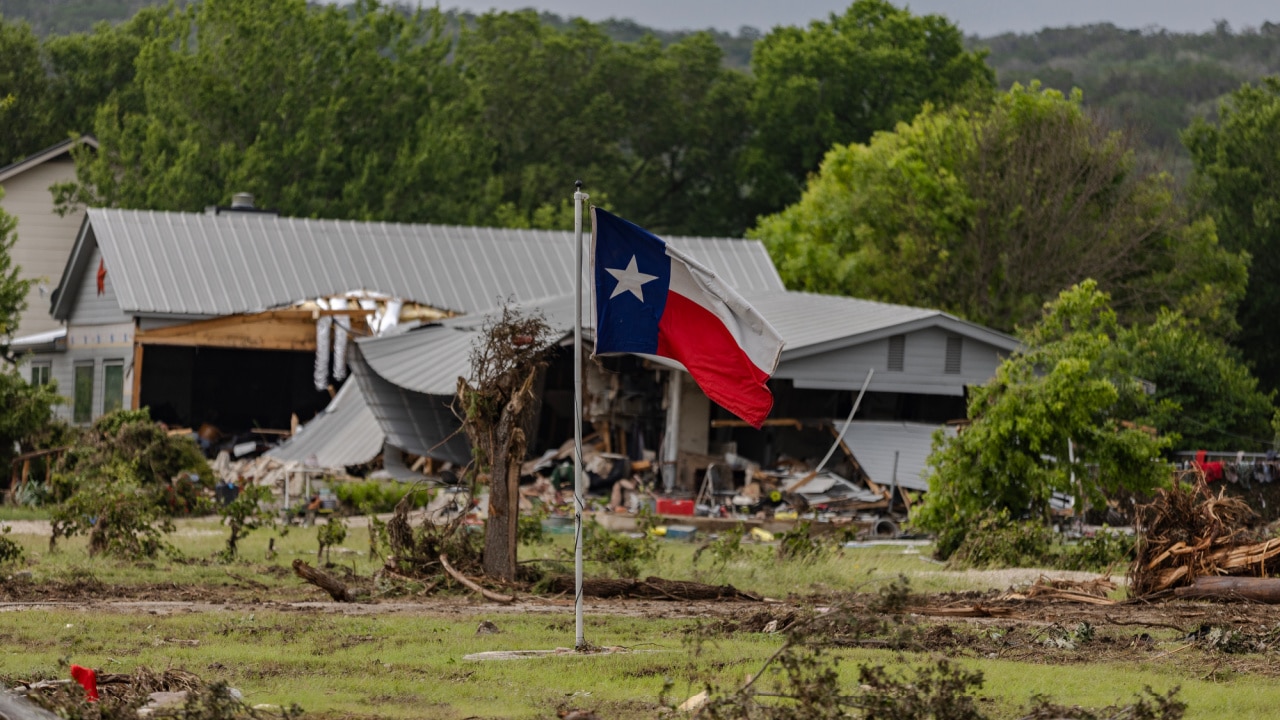Nike Partners With Crisis Text Line To Expand The Conversation Of Mental Health And Athletics
Mental health and wellness is crucial in everyday life, whether you are an athlete or not. It is even more crucial to have someone to talk to when you are feeling those lows. Nike and their athletes have partnered with Crisis Text Line to help expand access to critical mental health and wellness resources.
Nike and Crisis Text Line want to help athletes access mental health and wellness resources.
According to Athletes for Hope, an estimated 46.6 million people in the U.S. are living with a mental health condition. That is roughly 1 in every 5 adults who will face a mental health challenge in their lifetime. There are a lot of ways that people manage their symptoms, including physical activity, but that doesn’t mean that athletes are immune to mental health struggles.
Thirty-three percent of young adults including college athletes face mental health crises. However, among college athletes, the study states that about 10 percent seek help. Meanwhile 35 percent of professional athletes face a mental health crisis.
Nike and their athletes want to change the conversation around mental health and wellness.
“Nike’s really committed to helping all athletes whether they’re elite athletes or everyday athletes,” Vanessa Garcia-Brito, the vice president of North America Communications, says. “Not everyone is comfortable talking about that and not everyone knows how to get support. Not everyone has access to it either. Nike’s really hoping to change that.”
That is why Nike teamed up with Crisis Text Line and included their athletes into the conversation. Not only does Nike want people to have access to the necessary resources, the athletics company hopes to combat the stigma around people seeking mental health help.
Laurie Hernandez is one of the athletes working with Nike to destigmatize talking about mental health.
Garcia-Brito is enthusiastic about the partnership and what Hernandez, Hayden Hurst, and Scout Bassett offer in bring involved. The athletes are using their own mental health crises to relate to people seeking help.
Hernandez understands struggling with mental health and wellness as a young athlete. The world watched Hernandez as she competed in gymnastics representing the U.S. at the 2016 Rio Olympics.
“Especially reaching the Olympics at such a young age and hitting 16 and all of those changes that happened after that,” Hernandes recalls. “Mental health was a really big topic.”
The athletes are sharing their own experiences to encourage others to seek help.
“You have to take care of yourself first and foremost,” Paralympic athlete Scout Bassett says. “If you don’t you’re not going to be able to be not just the best version of yourself but you’re not going to be able to help out somebody else if you yourself are not well.”
Garcia-Brito is inspired by the athlete’s willingness to come forward and share their stories. Garcia-Brito says that the athletes being so open about their own struggles is creating a space for Nike employees and others to have honest conversations about their mental health issues.
“We know there is no off-season for mental health and it isn’t just about being ready for those moment son urgent need It’s also about cultivating a healthy mind and body for everyday life,” Garcia-Brito says. “We’re always looking for new ways in which we can serve our athletes physically and mentally.
Nike is here to help people access the mental health they need.

“So we are thrilled to partner with Nike to advance the conversation about mental health and expand the support that is available,” Chief Transformation Officer Dr. Shairi Turner says.
If you need some help finding resources, you can text “STRONG” to 741-741.




